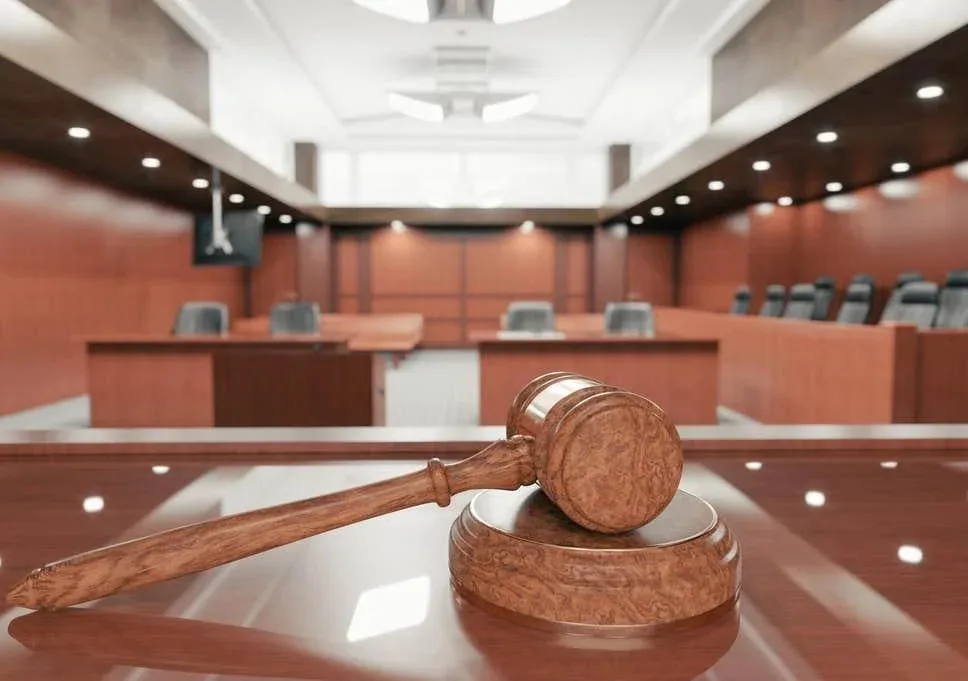Understanding No Case Submission in Criminal Justice: A Modern Legal Analysis
The doctrine of no case submission represents a crucial defense mechanism in Nigeria’s criminal justice system, allowing courts to dismiss cases against defendants when prosecution evidence proves insufficient. This analysis examines its evolution, application, and significance in contemporary legal practice.
Modern Framework Under ACJA 2015 The Administration of Criminal Justice Act (ACJA) 2015 introduced significant reforms to Nigeria’s criminal justice system. Section 302 of the Act empowers courts to determine, either independently or upon defendant’s application, whether prosecution evidence warrants continuing a trial. This provision allows courts to record a not-guilty verdict without requiring the defendant to present a defense if evidence is deemed insufficient.
Historical Development The doctrine originates from Common Law’s accusatorial justice system. Its earliest significant articulation came in the landmark case of WOOLMIGTON v. D.P.P. (1935) AC 462, where Lord Sankey L.C. established that reasonable doubt at any stage benefits the accused. This principle was later adopted in Nigerian jurisprudence through R v. Basil Lawrence (1933) 11 NLR 6 and subsequently incorporated into Nigerian evidence law.
Evaluation Standards Section 303 of ACJA 2015 outlines four key criteria for courts to consider in no case submissions: 1. Proof of essential offense elements 2. Evidence linking defendant to the crime 3. Quality of prosecution evidence 4. Prima facie case establishment
The Football Match Analogy To illustrate the concept, consider a football match metaphor: The prosecution’s case represents the first half, where they must “score goals” (present convincing evidence). If they fail to “score” by halftime, the match ends with a defense victory (no case submission succeeds). If prosecution “scores,” the defense gets their chance in the second half to present their case.
Procedural Requirements Courts must exercise caution when raising no case submissions independently. As established in cases like Egbuchu v. Continental Merchant Bank Plc. & Ors (2016) and Olusanya v. Olusanya (1983), courts should generally allow parties to address the issue before making decisions, except in specific circumstances involving jurisdiction, overlooked statutes, or procedural fairness concerns.
Conclusion While Section 302 of ACJA 2015 represents progress in criminal justice administration, proper implementation requires courts to maintain procedural fairness by allowing parties to address no case submissions when raised. This balanced approach ensures justice while protecting defendants’ rights.







Leave a Comment